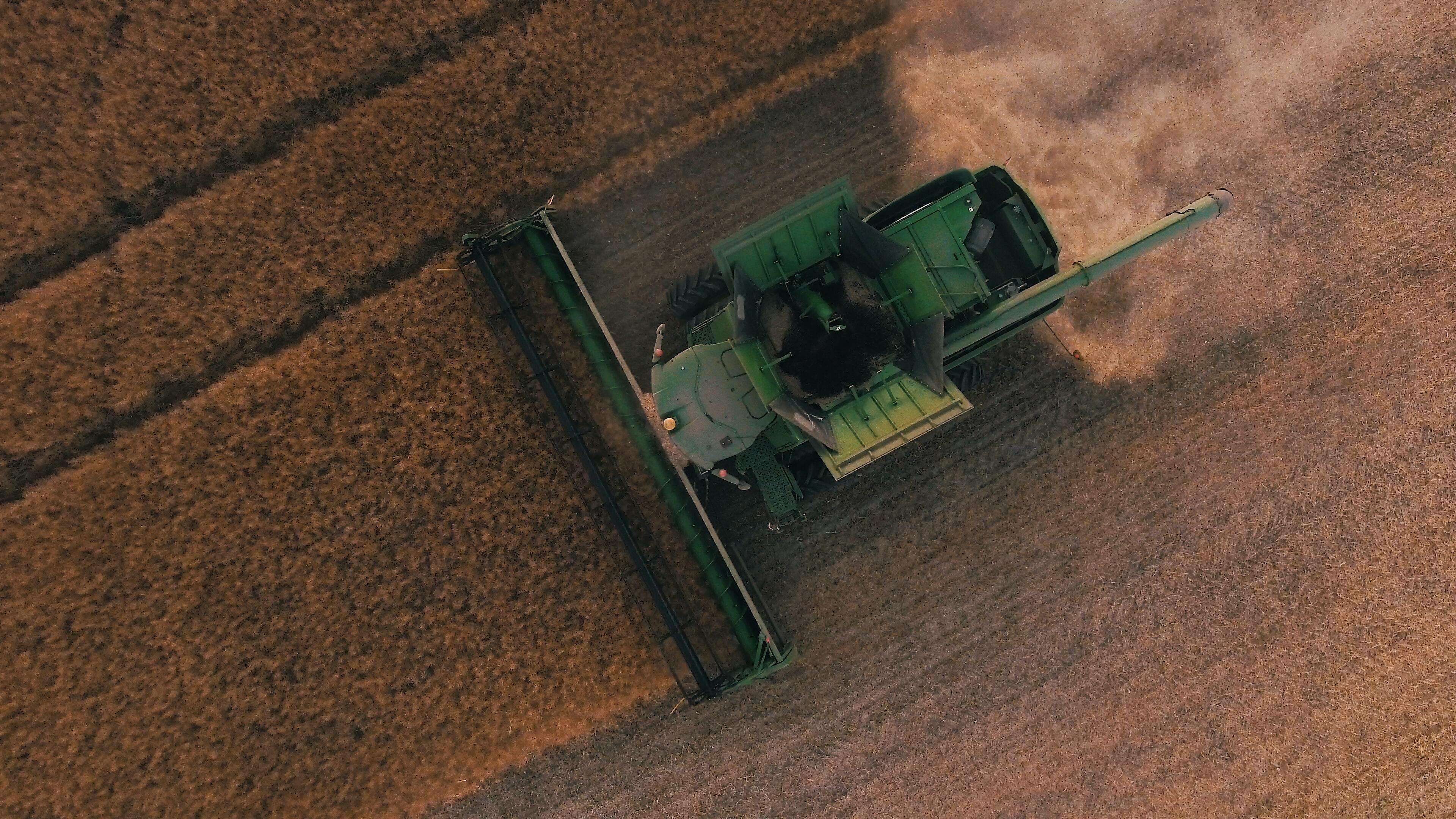 In March, 2023, The House of Commons passed Bill C-234, a private-members bill that exempts carbon pricing for propane or natural gas used for barn heating and grain drying. This bill has not yet made it through the Senate of Canada, but APAS remains hopeful it will be passed in the fall session, 2023.
In March, 2023, The House of Commons passed Bill C-234, a private-members bill that exempts carbon pricing for propane or natural gas used for barn heating and grain drying. This bill has not yet made it through the Senate of Canada, but APAS remains hopeful it will be passed in the fall session, 2023.
News release: The time is now for Bill C-234
Going back to April 1, 2019, the Federal carbon tax was applied in Saskatchewan, starting at $20/tonne. It increased $10/tonne per year until it reached $50/tonne in 2022. The tax started increasing $15/tonne until it will reach $170/tonne in 2030.
While there is an exemption for farm fuels upfront through the use of exemption certificates, farmers still face significant cost increases on other fuel sources including barn heating, grain drying, electricity generation, and costs passed down from railways.
Based on the APAS example, a $20/tonne carbon tax in 2019 cost a Saskatchewan grain farm producing a 62 bushel/acre wheat crop $1.95 per acre in 2019. That cost increased to $5.17 per acre by 2023 ($65/tonne), and is expected to to reach $13.51/acre in 2030 ($170/tonne).
The carbon tax is also passed on from the railroads onto producers. Using CN's published carbon tax fee per mile per car (11.29¢), the average milage from Saskatchewan to port (1,150 miles), the total cost per car for an average haul would be $129.84. The total cost on 26 million tonnes of exports is $36,376,185.
View the complete calculations and our January 7, 2021 media release here.
Other news releases:
Saskatchewan farmers face financial strain as carbon tax increase hits agricultural sector hard
One step closer to carbon tax exemption on grain drying
Background:
In February 2020, APAS released updated estimates on the financial impacts of the carbon tax to Saskatchewan producers. At that time, we found that on average, Saskatchewan farmers could expect to lose 8% of their total 2020 net income to the carbon tax. For a household managing a 5,000-acre grain farm in Saskatchewan, we estimated would take the form of a $8,000-10,000 bill.
When the carbon tax increases to $50/tonne in 2022, APAS estimated this bill would go up to $13,000-17,000 for the same household – the equivalent of a 12% decrease in net income.
Find our previous background information here:
Backgrounders - "Preliminary Costs of the Federal Carbon Backstop on Saskatchewan Agriculture" and "Estimated Impact of the Federal Carbon Backstop on Farm Net Income"



